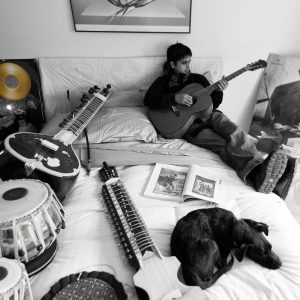 Today we’d like to introduce you to Anand Vyas.
Today we’d like to introduce you to Anand Vyas.
Thanks for sharing your story with us Anand. So, let’s start at the beginning and we can move on from there.
I was born in Queens, NY in 1976. I grew up with an older brother (eight years older) and this allowed me to have a window into the arts at a young age. Though I grew up playing all styles of music, I did not pick up the sitar (nor did I have any interest in it) until I was 18 because of a profound experience I had. In the beginning, I taught myself to play the sitar using an old record my mother had at the time (the back of the record had a drawing for one particular scale or “Raga” as you have to move the frets). I remember wearing that record out trying to learn the nuances. The record was by a sitarist named Ustad Vilayat Khan; he was playing Raga Darbari Kannada on this particular record. After a few years of toiling away at the sitar by myself, listening to every Raga I could while attending the University of Georgia and Clarke Atlanta University – the sarangi master Sultan Khan came into town for a concert and stopped by our home afterward. He asked me to play some music and I played what I knew. He asked afterwards who had taught me. I told him “he” had taught me along with all of the musicians on the albums I had played from up to that point. He was impressed and asked me to become his disciple. Through the incredible support and generosity of my parents, I then went to India for 7 years to pursue my dream of trying to master Indian Classical Music. There, I took part in an official ceremony in which you are “getting married to the music and bonding with the Guru” called a Gandha Bandhan which translates to: tying of the sacred knot. I did this ceremony in front of masters such as Kishen Maharaj, Nandan Mehtha, Fazal Quereshi (Zakir Hussain’s brother), and many other greats I had been listening to, so it all came full circle for me at that moment.
Great, so let’s dig a little deeper into the story – has it been an easy path overall and if not, what were the challenges you’ve had to overcome?
It has not been a smooth road. One of the largest struggles I had and still have is being caught in between worlds. On one hand, Indian Classical Music has extremely rigid standards and the music I make purposely falls outside of it although it is profoundly influenced by it. To drive that point home, I’ll recite a quote by the great Bruce Lee: “The classical man is just a bundle of routine, ideas, and tradition. If you follow the classical pattern, you are understanding the routine, the tradition, the shadow — you are not understanding yourself.” I needed to understand myself and have therefore strayed from tradition. On the other hand, I’ve been told on more than one occasion when speaking to someone who just heard me play, “You don’t even have the slightest accent.” In reality, I am an American Sitarist/Artist and am extremely proud of that. Yet often when people see me with my sitar, they assume I am an Indian Sitarist/Artist – a small distinction to most yet a huge one to me, which makes it very hard to be accepted by either of these brutal art worlds. Acceptance may not seem like the most important aspect of art, yet for the artist that is their entire reason for existing (unless of course, you are an artist in the mold of Shri Annupurna Devi who shunned the public all her life, not doing a single concert because of her marriage to Ravi Shankar, though she is considered by many to be the greatest sitar player to have ever lived). I have worked very hard to develop my sound to reflect my influences. It is very occidental and more reminiscent of a steel lap pedal guitar than a banjo due to the shaping of the bridge (which is called a “Jawari”). I also started playing sitar later than most professional sitar players, which I believe gives me a very unique sound and approach to the instrument. One thing I must say is that the road is seldom smooth and struggles are needed for great growth both as an artist and a human being.
Please tell us more about your work, what you are currently focused on and most proud of.
Primarily, I am a musician, but I am also a filmmaker, photographer, and computer scientist. I have needed to succeed in multiple art forms as well as in the science world. I think in many ways my varied educational and social journeys are what sets me apart from others.
What moment in your career do you look back most fondly on?
I would say there are three that really stand out. Opening for Zakir Hussain at the Rialto, creating the live musical soundscape for “LeVar Reads Live” in Atlanta at the Variety Playhouse, and being chosen by Maestro Sultan Khan are super proud moments of my career. The proudest moments are yet to come.
Contact Info:
- Website: www.anandvyas.org
- Email: anand@anandvyas.org
- Instagram: https://www.
instagram.com/theanandvyas/ - Facebook: https://www.
facebook.com/theanandvyas/ - Twitter: https://twitter.com/
theanandvyas - Other: www.reverbnation.com/
sitarist




 Image Credit:
Image Credit:
Tokimo Vyas took all images except the Levar Burton picture, which was taken by Jajose Jospeh
Getting in touch: VoyageATL is built on recommendations from the community; it’s how we uncover hidden gems, so if you know someone who deserves recognition please let us know here.












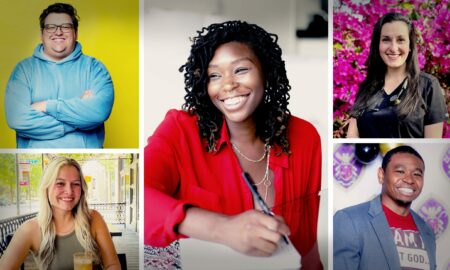


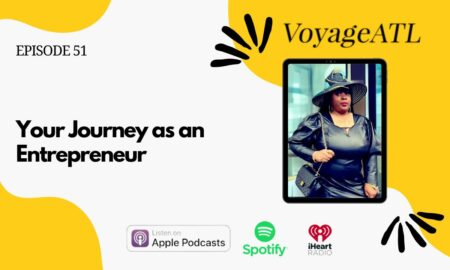
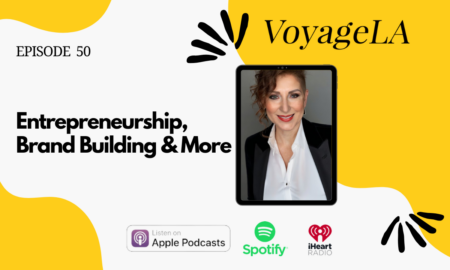
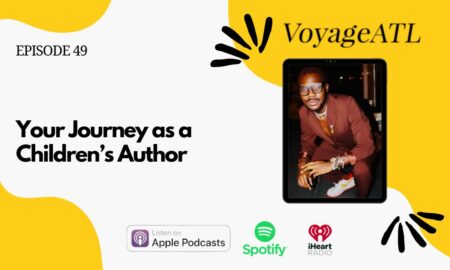
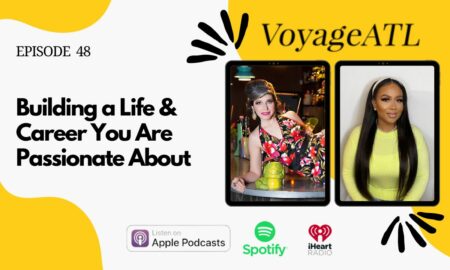

KW
June 12, 2019 at 4:38 pm
I saw this dude live – absolutely incredible
Daniel
June 21, 2019 at 1:56 am
The Plants Music Factory – was them at the Grub